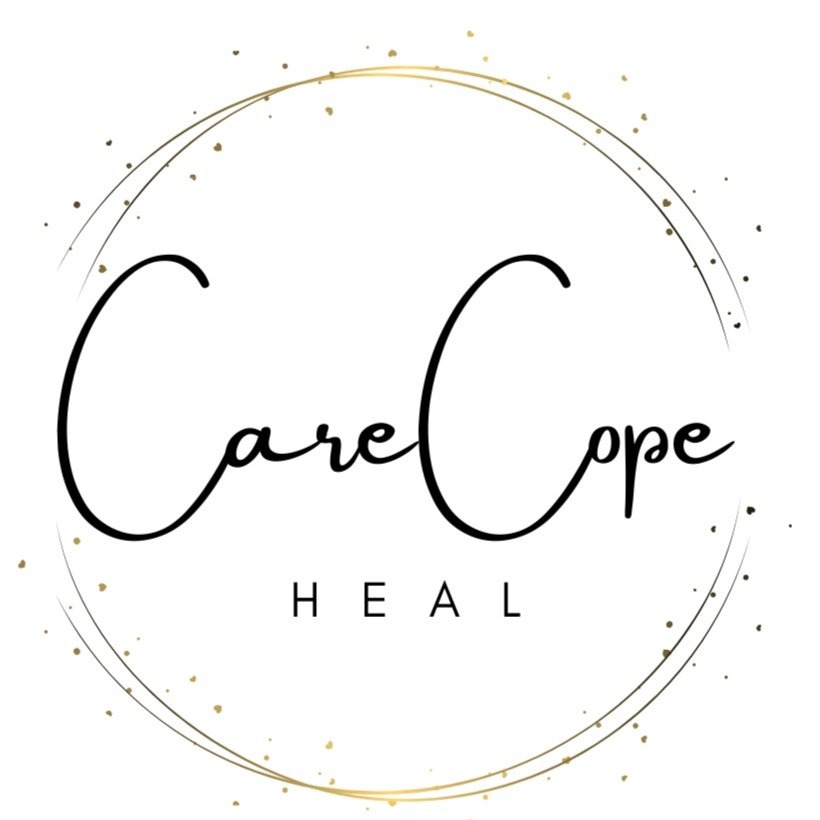Depression Doesn't Define You: Rediscovering Your True Self
Hello, I'm Brittanee Sims, a licensed therapist in the state of Georgia with a master's degree in Social Work from Clark Atlanta University. Over the past 10 years, I have had the privilege of working with children, families, and adults dealing with chronic illnesses. Through my experiences, I've witnessed firsthand how mental and behavioral health can profoundly affect individuals when left unaddressed.
Depression is a significant concern in our society, impacting countless lives. In this blog, we will explore what depression is, the role of therapy in addressing it, and how I, as your therapist, can help you navigate this challenging journey towards healing.
What is Depression?
Depression is more than just feeling sad; it's a complex mental health condition that affects thoughts, feelings, and behaviors. Common symptoms include persistent sadness, loss of interest in activities, changes in appetite and sleep patterns, and a sense of hopelessness. Depression can disrupt daily life, relationships, and overall well-being, making it crucial to seek help.
The Role of Therapy in Dealing with Depression
Therapy can be a lifeline for those grappling with depression. As a therapist, I provide a safe, welcoming, and transparent environment where you can openly express your struggles and circumstances. It's important to remember that seeking professional help is a sign of strength, not weakness.
My Therapeutic Approach
In my practice, I specialize in addressing depression, anxiety, trauma, and life stressors. I believe that healing is possible, and taking that first step is often the most challenging yet transformative decision you can make. My approach focuses on empowering clients to regain control of their lives and achieve a healthier overall quality of life.
Types of Therapies and Strategies
To help clients overcome depression, I employ a range of therapeutic techniques, including:
Cognitive-behavioral therapy (CBT): Identifying and challenging negative thought patterns.
Dialectical Behavioral Therapy (DBT): Developing emotional regulation skills.
Mindfulness Therapy: Cultivating mindfulness to manage emotions and reduce stress.
Psychodynamic Therapy: Exploring past experiences and their influence on current emotions.
Solution-focused therapy: Focusing on solutions and future goals.
How Can Therapy Help with Depression?
Therapy can make a substantial difference in the lives of individuals battling depression. Through our sessions, we can work together to:
Uncover and address the root causes of depression.
Develop coping strategies and resilience.
Improve communication skills and relationships.
Foster a greater sense of self-awareness and self-compassion.
Taking the First Step
Taking the first step towards healing begins with prioritizing your mental health. It's natural to have doubts or fears about therapy, but remember that you don't have to face depression alone. Reach out, and I will guide you through the process, helping you regain control of your life.
Depression can be a formidable adversary, but with the right support, it's a battle that can be won. Seek help, prioritize your mental health, and take the first step toward healing. I am here to assist you on this journey, offering the tools and support you need to overcome depression and embrace a brighter future.
If you or someone you know is struggling with depression, please don't hesitate to reach out. Your mental health matters, and together, we can work towards a happier, healthier life.
